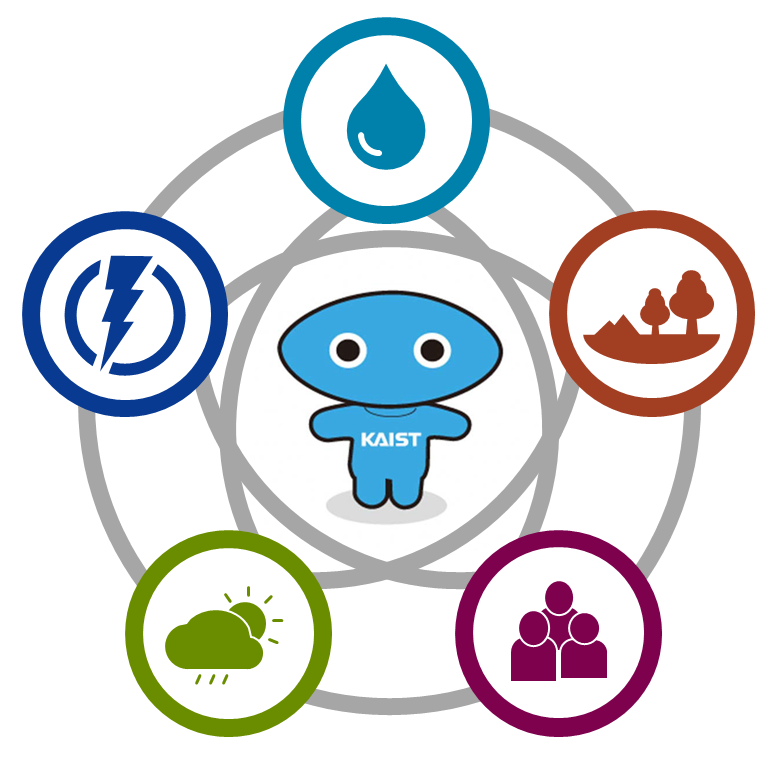A new study published in Environmental Science and Technology has made a significant contribution to understanding and addressing carbon emissions in the chemical industry.
This research improves upon the integrated assessment model, GCAM, by including processes such as steam cracking, which is prevalent in the organic chemical industry. The study evaluates various carbon reduction strategies like catalytic cracking, low-carbon process heat, and feedstock switching.
Key findings of the study indicate that while emerging catalytic production technologies might not substantially reduce mid-century emissions, generating process heat can lead to considerable mitigation, potentially cutting CO2 emissions by about 76% by 2050. This is achievable through methods like carbon capture and storage (CCS), hydrogen, and electrification. The research also points out that a significant amount of energy in this sector is used for producing chemicals like ammonia and methanol, necessitating detailed modeling to assess these carbon reduction pathways effectively.

A notable feature of this model is its detailed parameterization of both traditional and alternative organic chemical manufacturing processes, including waste management for end-of-life products like plastics. The study also examines interactions with other economic sectors and the global economy, underscoring the potential of electrification and clean hydrogen. Additionally, it highlights that future net CO2 emissions are highly sensitive to the global deployment of CCS. Achieving net-zero emissions seems unattainable if the rate of waste incineration increases without coupling it with CCS. Furthermore, reducing feedstock emissions depends significantly on using biogenic carbon as an alternative feedstock and effective waste treatment of plastics.
This research represents a substantial step forward in mitigating the impact of the organic chemical sector on climate change. It suggests a more integrated approach to explore various carbon mitigation strategies and calls for further research in different industries for more significant carbon reduction in the future.
“Petrochemicals industry is inherently fossil fuel driven,” said KAIST Visiting Professor Haewon McJeon, who coauthored the paper. “Decarbonizing chemical production emissions will be difficult but crucial contribution to achieving net-zero emissions.”
Read the full paper here : https://doi.org/10.1021/acs.est.3c05202
한국어 요약
유기 화학 및 플라스틱 산업에서 CO2 배출을 완화하기 위한 주요 경로에 대한 통합 평가
우리 대학 녹색성장지속가능대학원 전해원 방문교수를 포함한 국제 연구진은 최근 Environmental Science and Technology 저널에 게제한 논문에서 화학 산업에서의 CO2 배출을 감소시키기 위한 새로운 접근을 제시하였다. 이 연구는기존GCAM 모델에 화학산업 배출량 감축을 위한 기술을 포함하여 확장하였다. 연구 결과에 따르면, 신기술을 활용하여2050년까지 CO2 배출을 약 76%까지 줄일 수 있는 가능성이 있다고 한다. 이 연구는 유기 화학 산업의 기후 변화에 미치는 영향을 이해하고 줄이는 데 있어 중요한 진전을 이루었으며, 향후 다양한 산업 분야에서의 실질적인 탄소 감축과 이행을 위한 추가 연구의 필요성을 시사한다.
